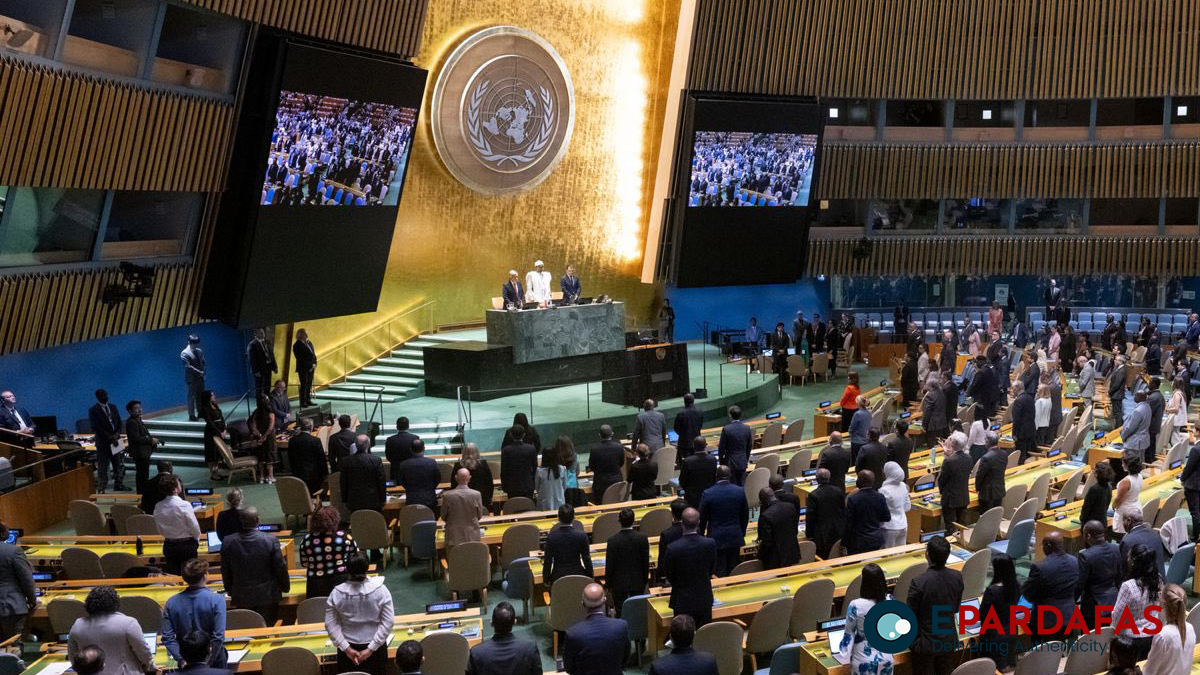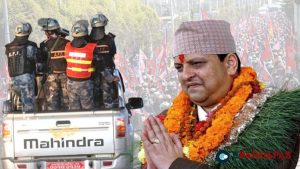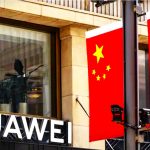
World Leaders Gather at UN Amidst Escalating Global Crises

This Sunday, world leaders will converge on the United Nations Headquarters in New York for the annual General Assembly High-Level Week, against a tumultuous backdrop of escalating conflicts, diplomatic paralysis, and surging populism.
Key on the agenda are urgent global crises: the war in Gaza, intensifying Middle East tensions, famine in Sudan’s civil war, and the enduring conflict in Ukraine. UN Secretary-General Antonio Guterres has expressed concern over the multiplying crises, but remains optimistic, stating that despite the current turmoil, the world can still “avoid moving to World War Three.” Guterres stressed that the gathering “could not come in a more critical and more challenging moment,” echoing a sentiment shared by Linda Thomas-Greenfield, the U.S. envoy to the UN.
Global Conflicts Take Center Stage
As leaders including Israel’s Prime Minister Benjamin Netanyahu, Palestinian President Mahmoud Abbas, and Iran’s President Masoud Pezeshkian arrive in New York, the Gaza conflict will undoubtedly dominate discussions. The war, which erupted following Hamas’ attack on Israel on October 7, has left more than 1,200 Israelis dead according to official Israeli figures. On the Palestinian side, over 41,272 have been killed in Israel’s retaliatory strikes, based on data from Gaza’s health ministry, numbers the UN has acknowledged as credible.
Fears of the conflict spilling over into Lebanon are also mounting, with recent explosions targeting Hezbollah’s communications infrastructure. Although Israel has not yet commented, the rising tensions have added to the urgency of the discussions.
Despite the high-profile attendees and set-piece speeches, many experts, including Richard Gowan from the International Crisis Group, believe the summit will have limited impact on resolving these entrenched conflicts. “Diplomatic posturing may dominate, but it’s unlikely to make a real difference on the ground,” Gowan said.
The Summit of the Future
The week kicks off with Guterres’ “Summit of the Future”, an ambitious initiative aimed at addressing upcoming global challenges. While it’s set to attract major leaders, including India’s Prime Minister Narendra Modi, the summit’s draft agreement has been criticized for lacking bold commitments. “It risks becoming more about the present—or even the past—than about the future,” remarked one diplomat.
Guterres remains optimistic, emphasizing that the summit is essential because “international challenges are moving faster than our ability to solve them.” He pointed to unchecked geopolitical tensions, worsening conflicts, and climate change as urgent issues that require new approaches.
Leaders will adopt a pact outlining strategies to confront global challenges, though Laetitia Courtois, the ICRC’s representative to the UN, stressed that action on conflicts like those in Ukraine, Gaza, and Sudan needs to happen immediately, not in the distant future.
What to Expect at the General Assembly
The high-level week will begin with speeches from Brazil, as is tradition, followed by U.S. President Joe Biden. Biden is expected to focus on ceasefire talks in Gaza and other global concerns. Notably, leaders from China and Russia will not attend, continuing their absence in recent years. However, prominent figures such as Britain’s Keir Starmer, Ukraine’s Volodymyr Zelensky, and Brazil’s Luiz Inácio Lula da Silva will take the stage.
Zelensky, a headline speaker last year, is expected to struggle to capture the same level of attention, especially as he presents his “plan for victory” amidst competing global crises.
Tight Security and Local Impact
Ahead of the assembly, New York City is tightening security measures, erecting a ring of steel around the UN’s headquarters. Local businesses and residents are bracing for heavy traffic disruptions as VIP motorcades crisscross the city, blocking streets and causing gridlock.
While the General Assembly serves as the UN’s most prominent diplomatic platform, the outcomes of this year’s meeting remain uncertain. With escalating conflicts, global instability, and political fragmentation on the rise, the pressure is on world leaders to produce meaningful progress for the millions affected by conflict, poverty, and climate change around the globe.












Comments